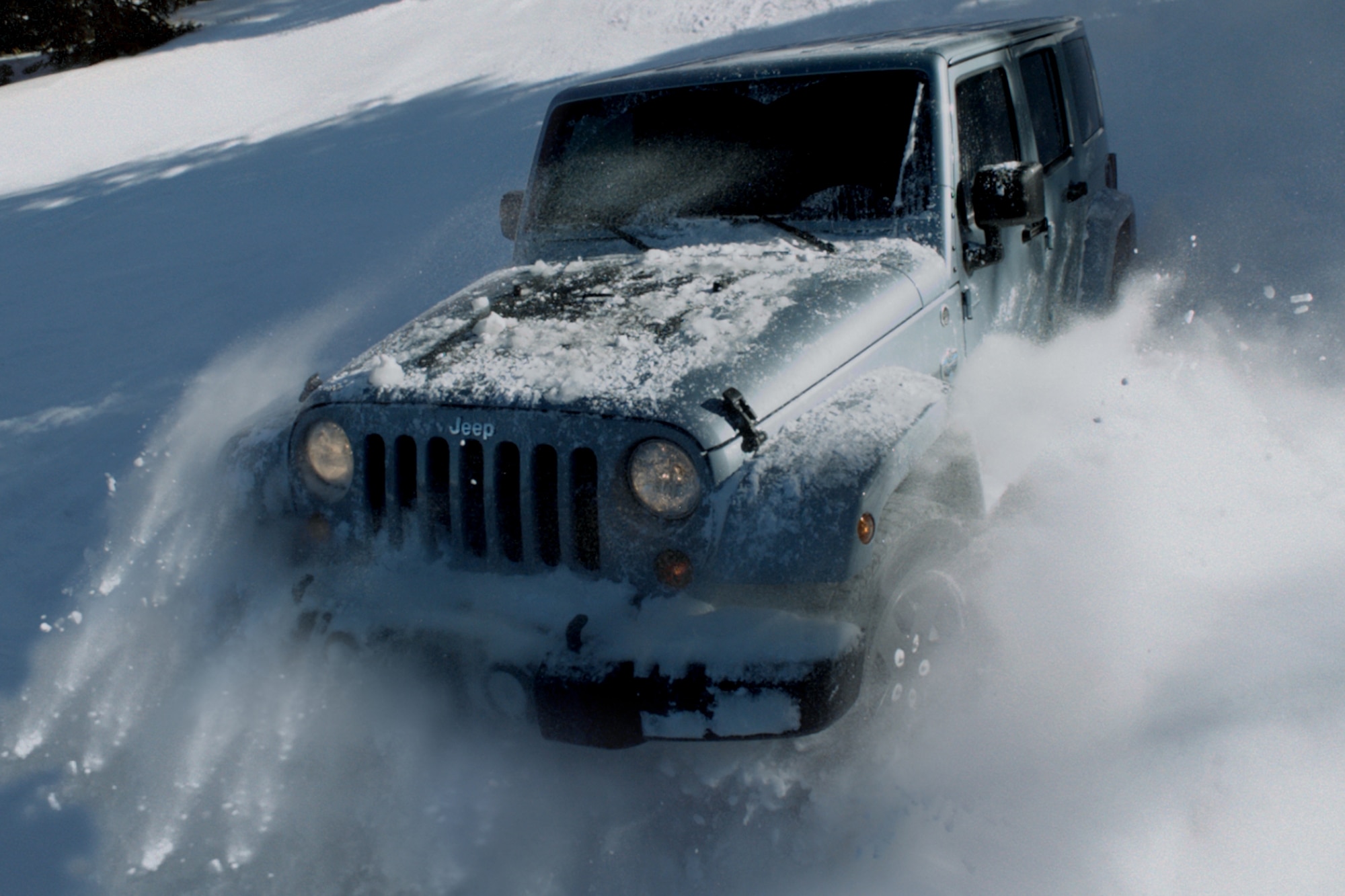How to Prepare Your Car for Cold Weather
Get a head start on the hardest driving season of the year.
 Jeep
Jeep
There's no question that cold weather makes for a harsher driving season. Freezing pavement and the potential for snow and ice make for reduced traction, and low temperatures can also wreak havoc on a vehicle's fluids, electrical systems, and tires, making the commute more of a chore than during temperate times.
Here are some tips for preparing your car for the cold weather so you can get through the winter as smoothly as possible. As always, have your car checked by a trusted mechanic who knows the specifics of your vehicle.
Check Your Fluids
Seasonal changes are useful reminders to stay on top of regular maintenance. The spring and fall provide the opportunity to check whether it's time to change your brake fluid and engine oil. If you're at the recommended mileage interval or if it's been at least six months since the last oil change, taking care of these tasks before the weather turns cold gets you ahead of the game.
Engine coolant doesn't need to be swapped out as often as brake fluid or oil, but it's a good idea to have it tested every autumn to make sure it can resist the lower temperatures brought on by the winter months. You can purchase an inexpensive tester to do this or have it verified by a mechanic.
Test Your Battery
In colder climates, the useful life expectancy of a car battery is roughly three to five years. Cold weather saps battery power, especially once you dip below the freezing mark, and on an older battery it can reduce its ability to crank your engine. Once you hit the three-year mark, getting it tested each fall at a local parts counter or repair shop is cheap insurance against being surprised by a no-start condition once the mercury plunges.
Swap Your Tires
Winter tires aren't just for dealing with snow and ice. They're also much safer on cold, dry pavement compared to all-season or summer tires. This is due to the rubber compounds used in their construction, which remain soft and sticky despite low temperatures. Installing winter tires improves not just traction off the line, but also handling and stopping distances, making them the safest choice for the season.
Watch Those Wipers
You'll likely be using your wipers more during the colder months, and they'll need to be in good shape to deal with iced-up windshields. Visually inspect each wiper for cracks or tears and replace, if necessary, before the weather gets uncomfortable.
Prepare for the Worst
Unpredictable winter weather makes it more likely you'll get stuck or stranded due to snow, ice, or cold. Being prepared to deal with these situations can help keep you much safer and more comfortable should the worst come to pass.
Packing an emergency kit that includes water, a blanket, traction aids, emergency lighting, a folding shovel, and snacks can make the occasional snowbank excursion or no-start condition that much more bearable while you wait for a tow. It's also not a bad idea to include booster cables or a self-boosting power pack in the trunk.
Written by humans.
Edited by humans.
 Benjamin Hunting
Benjamin HuntingBenjamin Hunting is a writer and podcast host who contributes to a number of newspapers, automotive magazines, and online publications. More than a decade into his career, he enjoys keeping the shiny side up during track days and always has one too many classic vehicle projects partially disassembled in his garage at any given time. Remember, if it's not leaking, it's probably empty.
Related articles
View more related articles